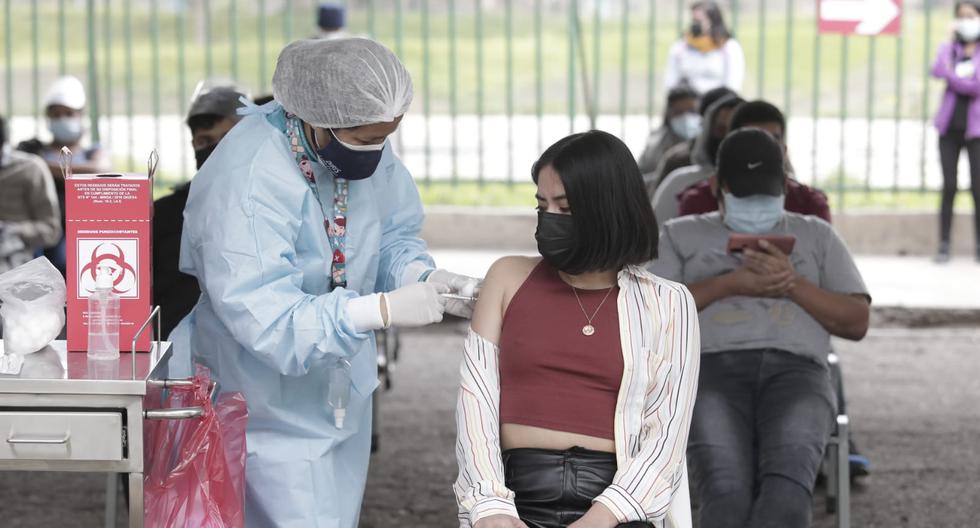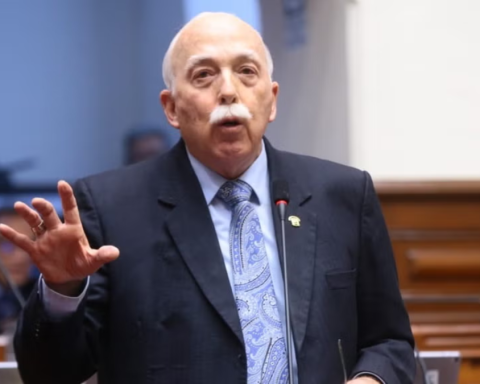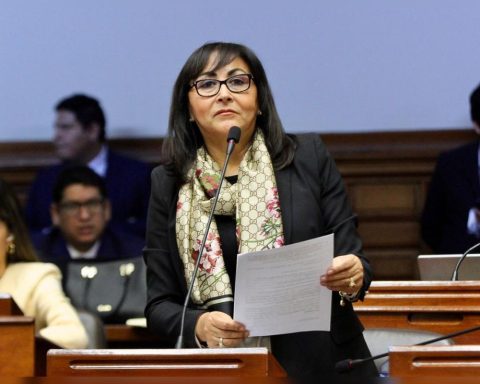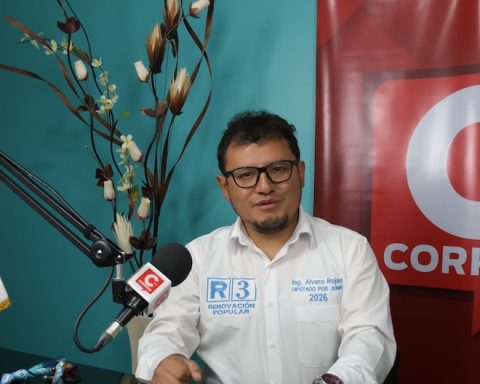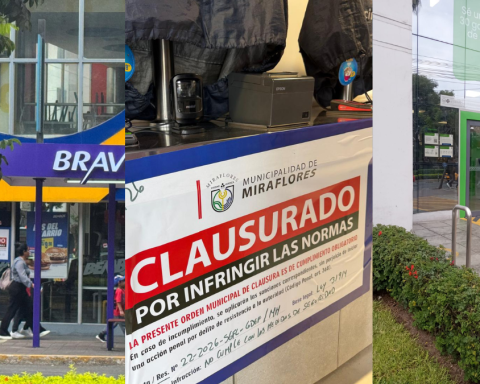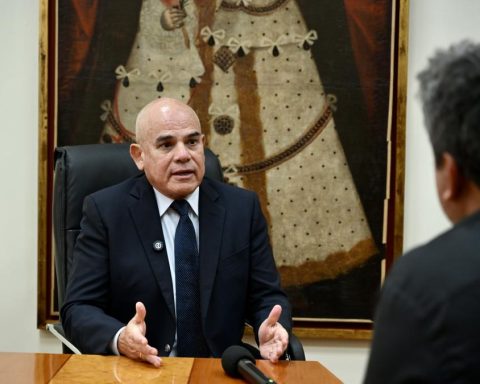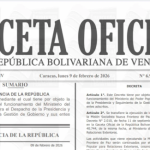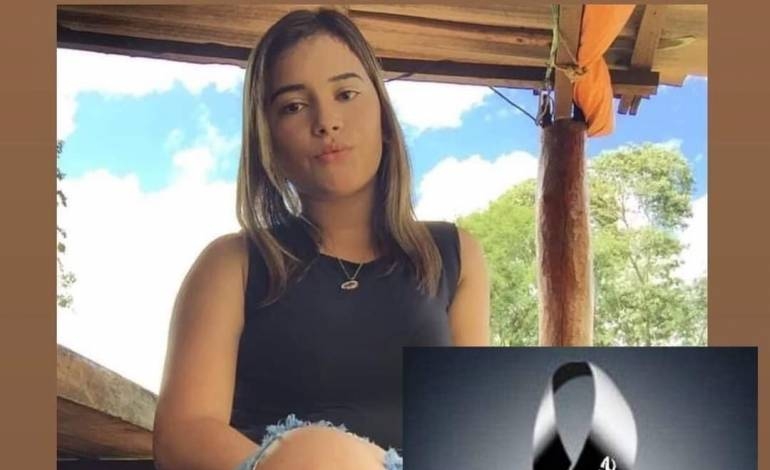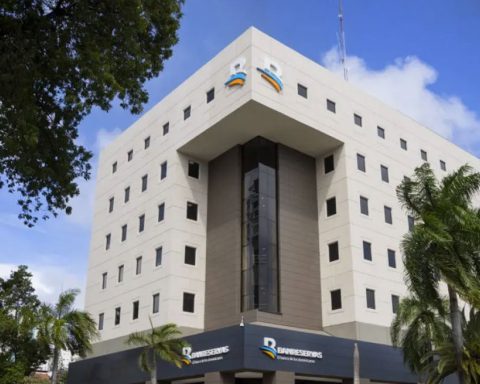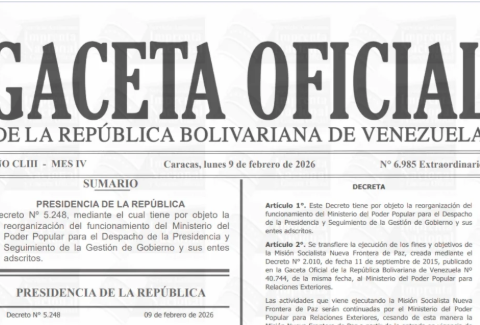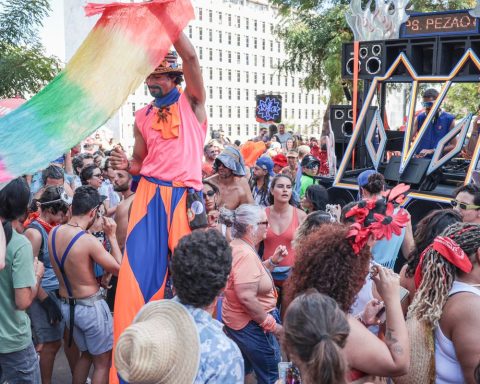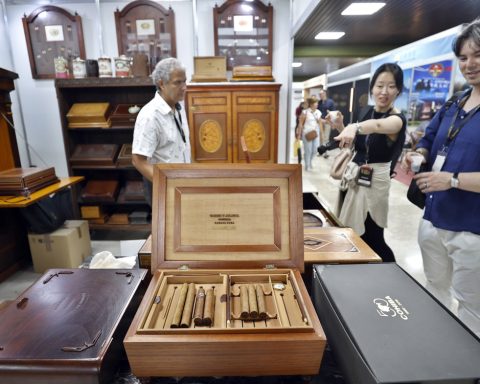In Peru, the booster dose (3rd dose) is being applied in its vaccination strategy against fatal COVID-19. For the process to be successful in every way, it is important to know what to do before and after vaccination. Here we tell you.
YOU MAY BE INTERESTED IN | Coronavirus: Why couldn’t I be vaccinated?
Regional Director of Health of Callao, the doctor Kathey pacheco, explains that vaccines are the best way to be protected against the COVID-19 and its variantsTaking into account that the Delta or also known as India, which is more contagious, has arrived in our country.
He also mentions that after so much pain during the pandemic, the vaccine is a hope and an atmosphere of joy is felt in the people who are going to receive it. For this reason, there are many people who are anxious before receiving their first dose, but he recommends keeping calm.
WHAT TO DO BEFORE THE VACCINATION?
On the day of vaccination you must come with your ID, double masks and face shield and before inoculation you must take into account the following:
- Eat well
- Be calm.
- Be relaxed.
- Have blood pressure and glucose controlled (in the case of people with hypertension and diabetes).
- Not having ingested liquor.
The National Dean of the Peruvian College of Nurses, Liliana La Rosa, suggests that in the case of people who have been on duty all night, such as security guards and firefighters, it is better that they go rested and have breakfast. “It is important that they go as well rested as possible because anxiety often plays a trick and they can have hypertension”, he warns.
IT MAY INTEREST YOU: Ómicron in Peru: What are its symptoms and how does it differ from other variants
IF I HAVE A RARE OR ONCOLOGICAL DISEASE, WHAT SHOULD I BRING?
In the case of people with a rare or orphan disease or who have cancer, they must go to their vaccination center with their diagnosis and with the authorization of their treating doctor that indicates that they are in the condition to receive the inoculation, explained the dean. National of the College of Nurses of Peru, Liliana La Rosa.
“The documentation is necessary because the doctor present at the vaccination center, when evaluating the case, does not know how his immune capacity is, among other factors. If in case you need more information, you can return it to your treating doctor “, explains La Rosa. It is therefore important that you consult your doctor about informed consent.
IF I HAVE SYMPTOMS OF COVID-19, CAN I GET VACCINATED?
It has been more than a year and three months since the pandemic arrived and most want to be vaccinated, but it is important to know that if you have symptoms of the disease, you cannot do it because you can develop the disease.
You must notify if you present:
- Discomfort.
- Fever.
- Headache.
If you have symptoms, from the vaccination center you can be referred to a health center to discard it. If you test positive, you don’t lose your shot, it will be rescheduled.
WHAT TO DO AFTER THE VACCINATION?
After the 0.3 ml prick, which is not painful, some people may experience discomfort, illness, or cold symptoms. These are the recommendations that you should follow:
- Rest 30 minutes at the vaccination center. To detect a possible adverse reaction, the vaccine may provoke you.
- Do not eat shellfish and fish.
- Do not touch the vaccinated area.
- Do not ingest alcoholic beverages. (Minimum for 24 hours, the ideal is for three days because it could cause an allergic reaction)
- Rest at home.
- Hydrate
- Eat healthy.
- In case of discomfort, take one or two paracetamol tablets.
IF I ALREADY HAVE THE FIRST DOSE, CAN I GET IT?
Yes. People with a single dose can get COVID-19 and develop the disease, so it is important not to let your guard down.
WHEN WILL THE VACCINE EFFECT ME?
After 21 days of receiving the second dose, you should be protected against the coronavirus. It is important to remember that after the application of the first dose of the vaccine, you must wait 21 days for the application of the second and after three weeks you will have immunity.
MIRA: More than 7 million vaccines against the coronavirus have already been applied in Peru
It is important not to lower your guard, to maintain the use of masks and hand washing, because, despite the vaccine, you can be infected and have a mild covid; and it can also be spread to others.
“Now the elderly must take care of the unvaccinated, the young. It is an inverse solidarity and that is why we must not lower our guard. You have to assume that responsibility ”, indicates Dean Liliana La Rosa.
